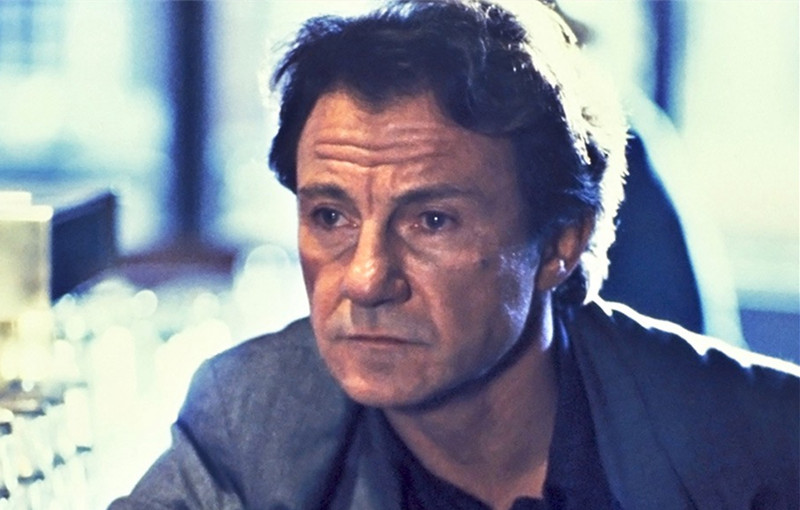
Martin Scorsese is often regarded as one of the greatest directors of all time but sometimes his popular films might give you a wrong idea that he’s not versatile enough while in fact, this is the man who made films as wildly diverse like “Hugo”, “The Age of Innocence” and “Alice Doesn’t Live Here Anymore”. Yet, it’s also a truth that the crime genre is something he often comes back to and not just organized crime or mobsters. He’s always interested in the violent nature of humans and its often tragic consequences.
As for the life in crime, he was once quoted saying, “Well, it is glamorous and attractive, is it not? It’s glamorous at first if you’re young and stupid, which a lot of people are. I was.” He always tried to show different sides of criminal life in various films and he was always successful at that. Now, no need to talk about it more because if you’re here, obviously you know how great he is at it. Considering he has made some of the greatest films in the genre, it’s worth taking a look at ten of his many, countless favorites. The man is a devoted cinephile overall but hopefully; these ten will show what kind of a diverse taste he has.
10. Kansas City (1996)
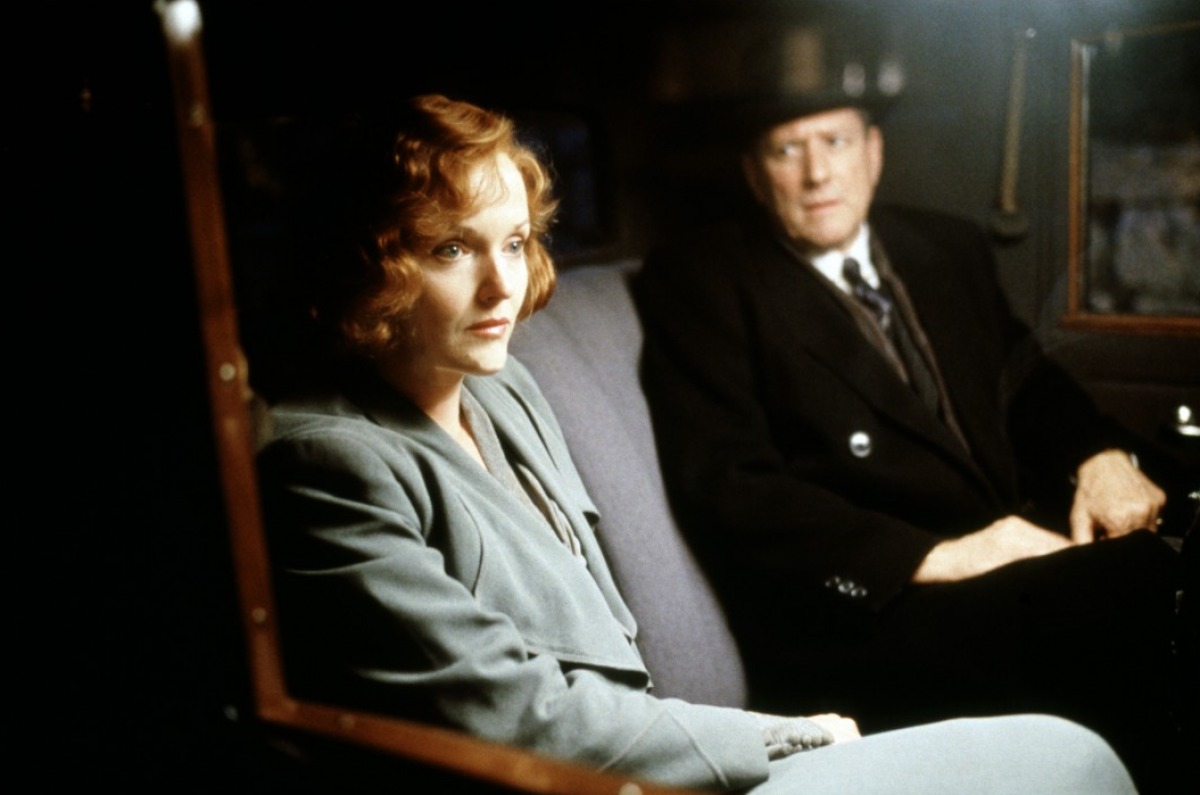
If we’re talking about versatility, Robert Altman should also get a mention. The man explored so many different genres with such a style and his own way of looking at things. If we use Scorsese’s own words, Altman had a “uniquely American sensibility and artistic vision.” Here he explores the racism, power dynamics, corruption, political games and so many other things in 30s Kansas through a story of pair of kidnappings, which according to him, is “a true story”. Not necessarily the story itself but “the kidnappings were common back then, especially of women.”
The story is more straightforward than most Altman films but still, it flopped at the box office. Maybe because it was not fast-pacing enough or it was the distribution/marketing problems, who knows but this is a film that deserved better. There’s a bit of a feeling of 30s gangster pictures which is maybe what attracted Scorsese into the picture. Altman had the basic story of two women involved in kidnapping years prior to the film, so there was always a passion for this project but the movie also stands out for its jazz soundtrack. The performances are jazzy as well and it’s also very funny actually. Everybody in the cast shines but the true highlight is the craftsmanship which elevates the already interesting story. The editing also deserves every praise there is.
9. Blue Steel (1990)
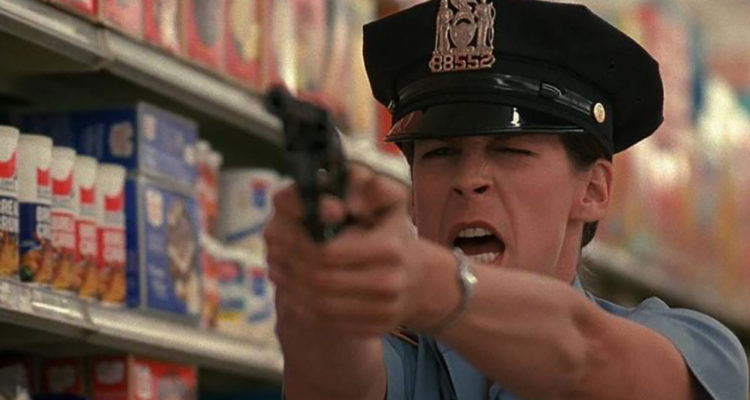
Kathryn Bigelow cited Scorsese among her influences and Scorsese, in turn, also said that he’s a big fan of Kathryn’s works over the years and especially giving a shout-out to “Blue Steel”. There’s so much going on in this movie. The film follows a young policewoman who kills a robber on her first mission in self-defense but then her pistol gets disappeared. Then she’s getting accused of killing an unarmed man. In addition, she has to struggle with the arrogance of her colleagues and her isolation in the big city life. One of these days she falls in love with a stockbroker who turns out to be some sort of psycho but it’s Jamie Lee Curtis who plays the lead role and we know she’s good with fighting against boogeymen from her earlier films anyway.
The film is wildly over-the-top but it’s also incredibly satisfying if you love 80s psycho-sexual thrillers like “Fatal Attraction”. Not to mention, there’s some “Wall Street” as well. The cast led by Curtis is simply wonderful and Bigelow’s direction is just delicious. “Blue Steel” is a film of its time, but in a good way.
8. Blood Simple (1984)
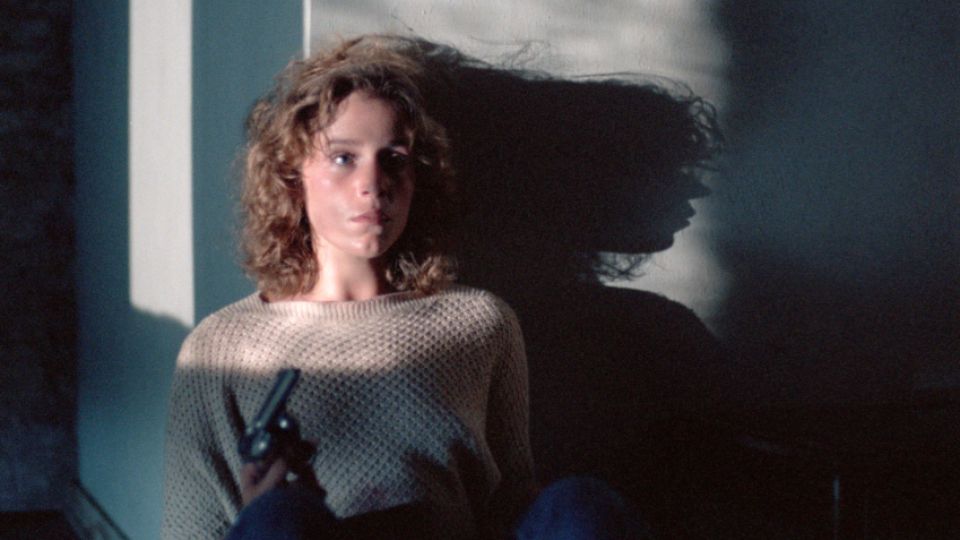
Cinematographer Barry Sonenfield says: “We talked about fantasy-wise, hiring Scorsese to play the Dan Hedaya role but we were nervous that whenever we decided to put the camera somewhere, Scorsese would be like shaking his head no. Scorsese was another big influence in terms of you look at Mean Streets and what the camera does in that movie that has nothing to do with what the characters are doing.”
Despite that, Scorsese liked the film as he usually does like Coen brothers’ films, even putting “Fargo” on his list of greatest films of its decade. Even though it was their debut film, their unique style is already evident in the film in almost every detail possible; rich and original characters, the influence of different genres on the storyline, outstanding camera work, and lighting, their own unique way of building suspense and picking the right actors for the right parts, especially M. Emmet Walsh in possibly the best performance of his career. Frances McDormand is also outstanding in her feature film debut.
7. Clockers (1995)
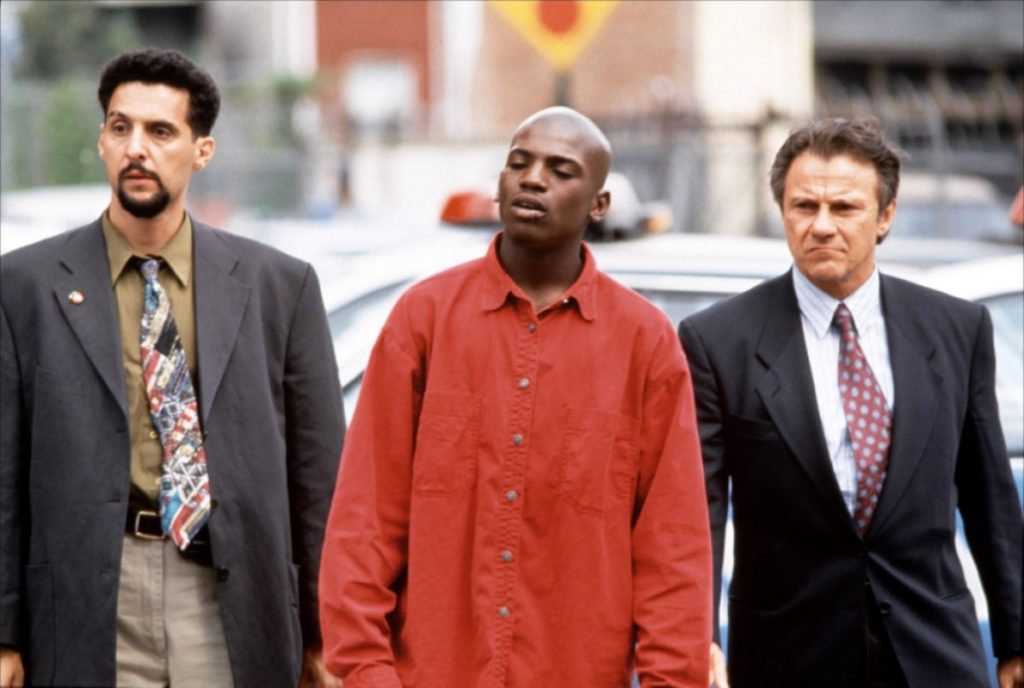
The African-American drug dealer Ronald ‘Strike’ Dunham (Mekhi Phifer) leads a well-ordered life in New York. His business is going well and the criminal street scene is his home. One day brother Victor (Isaiah Washinton) ends up being a suspect for murder. The two police officers Rocco Klein (Harvey Keitel) and Larry Mazilli (John Turturro) are tasked with investigating the crime, and they have doubts about Victor’s confession. While Strike will realize things he didn’t know about the life of crime.
Martin Scorsese and Spike Lee are good buddies and “Clockers” is one of Spike’s most Scorsese-ish films. Not a surprise because Marty himself was supposed to direct it but he then instead did “Casino”, only stayed as an executive producer on the film which stars his frequent collaborator Harvey Keitel and based on Richard Price’s novel, who previously collaborated with Marty on “The Color of Money”. While certainly, it’d be interesting to see Scorsese’s own spin on the story, Spike is doing an admirable job with the whole thing and when you watch the film, it’s easy to see how “The Wire” was inspired by the book this film was based on.
6. La Cérémonie (1995)
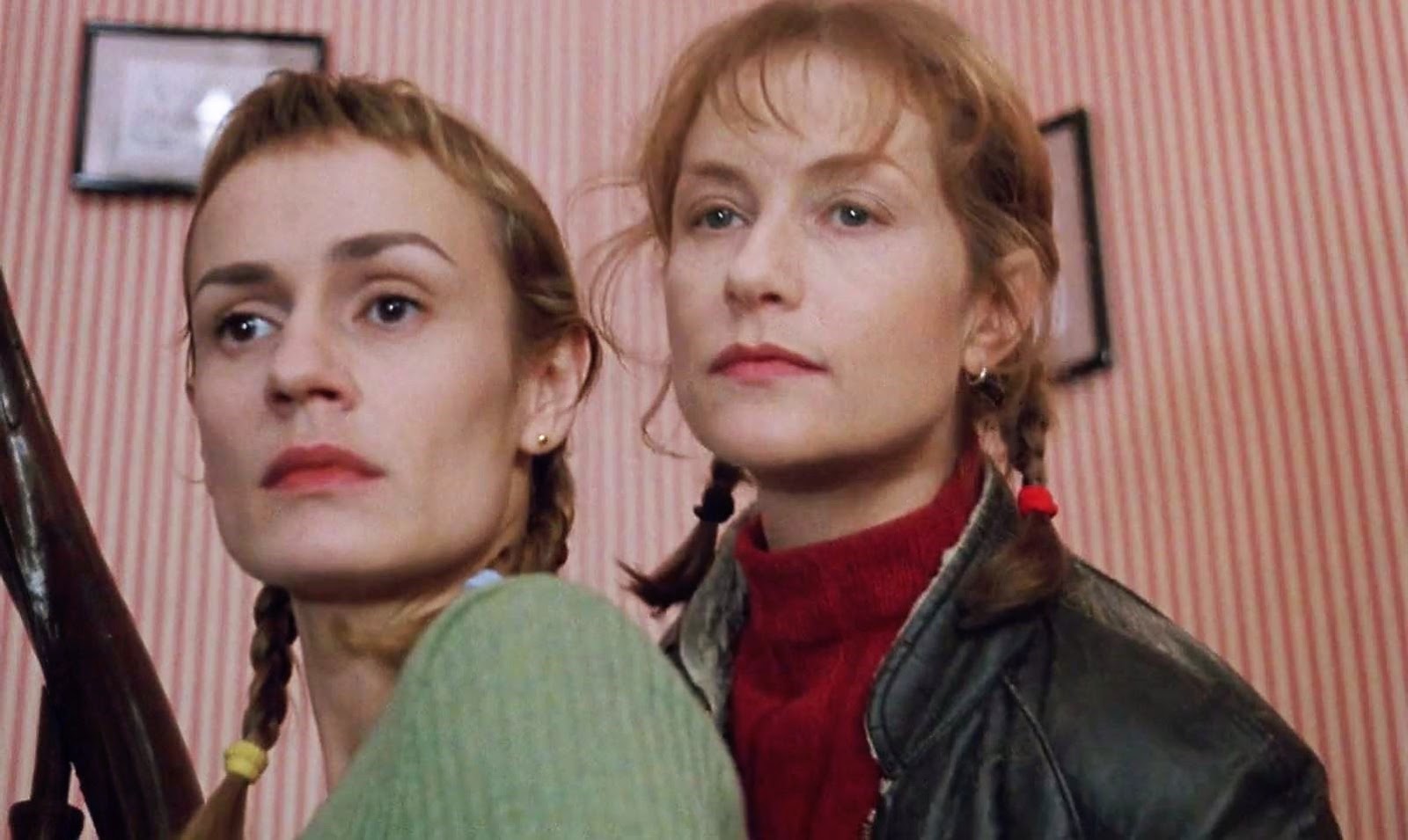
The maid Sophie (Sandine Bonnaire) has settled in the position of the wealthy Lelievre family. With a calm manner, she does the tasks assigned to her to the satisfaction of her employers. She cleverly hides the fact that she is illiterate. Things start to change when she meets Jeanne (Isabelle Huppert). The film strongly echoes the case of Christine and Léa Papin sisters who, as live-in maids, were convicted of murdering their employer’s wife and daughter in Le Mans, France on February 2, 1933. The murder had a significant influence on French intellectuals which some considered symbolic of class struggle. It also inspired the play “The Maids” by Jean Genet.
The movie is spectacular as you can expect from the great, late Claude Chabrol who gives such a rich subtext into every action our characters make. It works as a character study and a suspense film and a social commentary. Until some point, you don’t realize what’s happening in this film or where it goes or if anything happens at all, but every single shot here serves to what’s awaiting us in the end and only when it’s over, you realize you’ve witnessed something incredible. This is a shocking film but not for the sake of shock and it explores themes like envy, jealousy, class division, and other themes deeply. The Guardian included it on their “25 Best Crime Films of All Time” list.